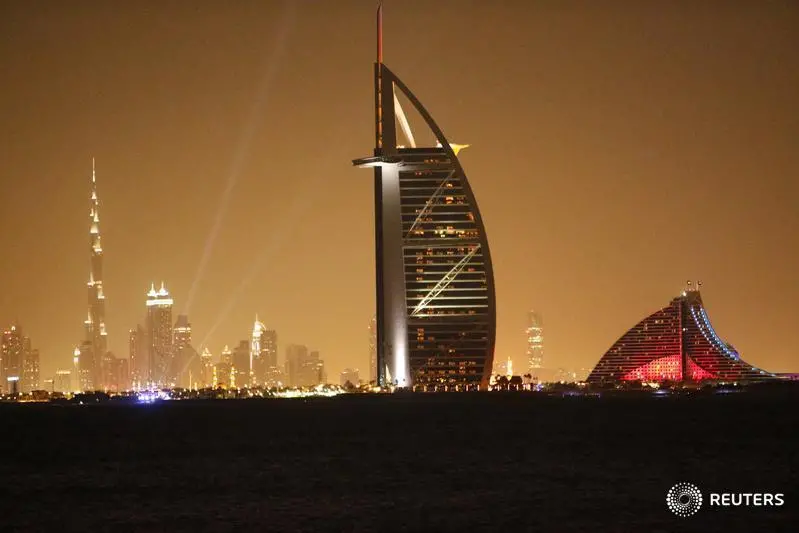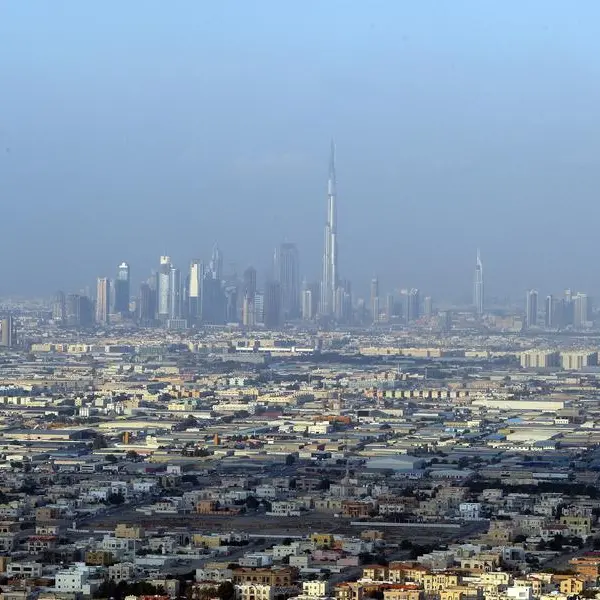PHOTO
BENGALURU - Property prices in Dubai will rise this year and next at a slower pace than previously thought as higher mortgage rates and the cost of living crisis will reduce foreign demand, a Reuters poll of property market analysts suggested.
With an economic rebound propelled by higher energy prices, Dubai's property market recovered strongly from 2020's severe downturn with buyers snapping up luxury units after the emirate eased pandemic restrictions faster than most cities around the world.
But most property market analysts in a Reuters poll said the recovery was fragile and uneven, and an oversupply of residential properties along with rising interest rates would pressure prices over the coming months.
Home price rises were forecast to slow to 6.5% in 2022 and 3.0% in 2023, down slightly from 7.5% and 4.5% in a May poll, respectively, according to the median forecast of 10 property analysts polled on Aug. 15-Sep. 2.
That outlook stands in stark contrast with other world property markets including Canada, Australia and New Zealand where house prices were expected to fall this year and next.
"Demand for residential properties has reached an all-time high this year, but this trend could change due to the rising cost of living, increasing mortgage rates, and anticipated new supply," said Haider Tuaima, director and head of real estate research at ValuStrat.
"Smaller apartment units in areas where much new stock is anticipated, have already seen prices stabilise, and most likely face negative growth in the short to medium term."
An oversupply of homes from previous years has come to the rescue of this once-hot property market by keeping affordability in check. Many other major property markets are struggling with runaway house price inflation.
When asked to describe the level of Dubai house prices on a scale of 1 to 10, from extremely cheap to extremely expensive, the median response was 6.
"Given that Dubai continues to be a buyers' market, developers will refrain from increasing prices substantially. Therefore, affordability may continue for some years," Anuj Puri, chairman at ANAROCK Property Consultants, said.
"In fact, given that there was an oversupply in many of the areas, the market failed to push for higher prices in recent times. Prevailing lower prices have made the Dubai market attractive for both foreign and local investors as well."
But Asteco Property Management, Deloitte, Property Monitor, Morgan's International Realty and ValuStrat said average house prices would have to fall between 5-20% to make housing affordable.
Rising interest rates, higher inflation and increasing cost of construction are likely to cut demand for affordable housing. Inflation is on the rise throughout the economy and is expected to hit the housing and rental markets the hardest.
The Central Bank of the United Arab Emirates has increased its base rate a cumulative 225 basis points since March in parallel with the U.S. Federal Reserve, because its currency is pegged to the dollar.
(Reporting and polling by Anant Chandak; Editing by Hari Kishan, Ross Finley and Andrew Heavens)





















